Search
Search Results

Image
The Self-Sacrifice of a Father
The Self-Sacrifice of a Father, painting by Jacques Sablet, second half of the 18th century.
Nationalmuseum, Stockholm.
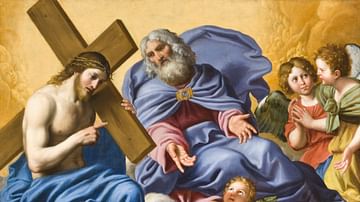
Image
Saint Ignatius of Loyola's Vision of Christ and God the Father at La Storta
Saint Ignatius of Loyola's Vision of Christ and God the Father at La Storta, oil on canvas by Domenichino, c. 1622.
Los Angeles County Museum of Art.

Video
Why is Herodotus Called "The Father of History"? - Mark Robinson
View full lesson: https://ed.ted.com/lessons/why-is-herodotus-called-the-father-of-history-mark-robinson 2,500 years ago, the writing of history as we know it didn’t exist. The past was recorded as a list of events, with little explanation...
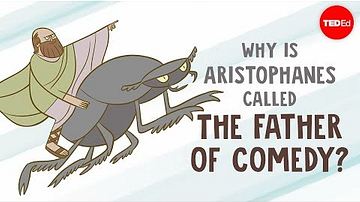
Video
Why is Aristophanes called the Father of Comedy?
Learn more about TED's Student Talks program here: http://bit.ly/2MUY1KK View full lesson: https://ed.ted.com/lessons/why-is-aristophanes-called-the-father-of-comedy-mark-robinson Aristophanes, often referred to as the Father of Comedy...
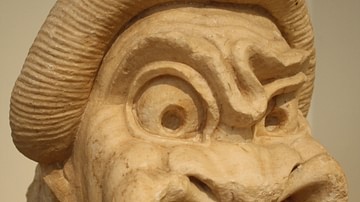
Definition
The Wasps
The Wasps is a play written by the lone representative of Ancient Greece's Old Attic Comedy, Aristophanes (c. 445 - c. 386 BCE). It won second place at the Lenaea competition in 422 BCE. Written in two acts, the play focuses on a reoccurring...

Article
Enuma Elish - The Babylonian Epic of Creation - Full Text
The Enuma Elish (also known as The Seven Tablets of Creation) is the Babylonian creation myth whose title is derived from the opening lines of the piece, "When on High". The myth tells the story of the great god Marduk's victory over the...
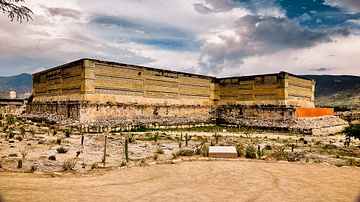
Definition
Mitla
Mitla, located in the eastern portion of the Valley of Oaxaca in southern Mexico, was an important site of the Zapotec civilization. Gaining prominence from the early Post-Classic period (c. 700-900 CE), Mitla became the most important Zapotec...
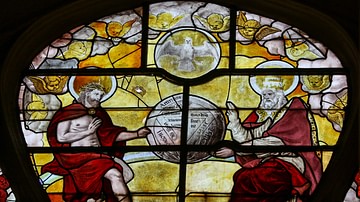
Definition
Trinity
The Christian doctrine of the Trinity (from the Latin trinus, meaning "threefold") professes that there is one God, but three eternal and consubstantial persons (aspects): the Father, the Son, and the Holy Spirit. The Father is the God of...
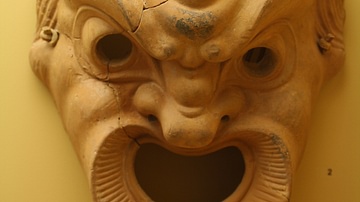
Definition
The Clouds
The Clouds is a comedy written c. 423 BCE by the Greek playwright Aristophanes (c. 448 BCE – c. 385 BCE). A failure at the Dionysia competition, finishing third out of three, it was revised later in 418 BCE but never produced in the author's...

Article
Falling Star
Falling Star is a Cheyenne tale of the great hero Hotoketana'ohtse ("Falling Star") who came from the heavens to stand up for those who could not defend themselves, slay monsters, and save the people from starvation. The hero-from-heaven...